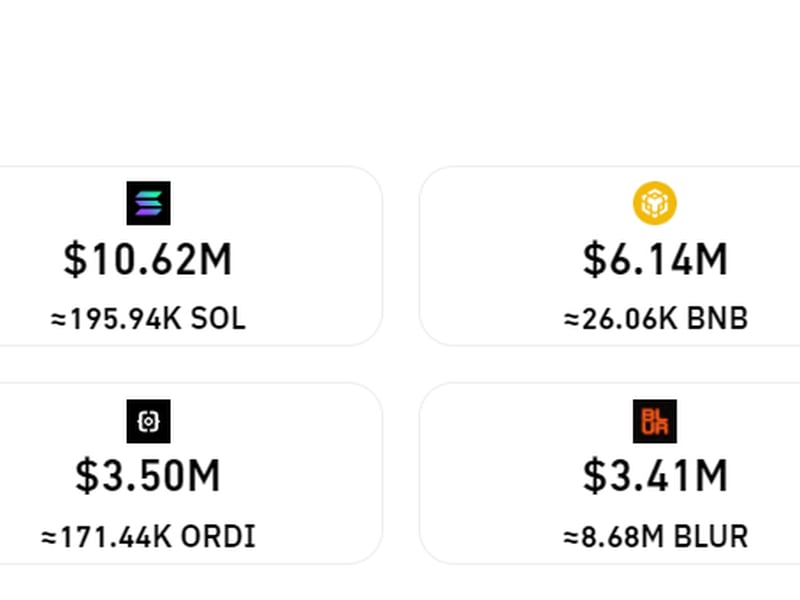NFT and ordinals look similar on the surface, but some claim ordinals can store value better. Ordinals are also pure data, including the image itself. NFT is seen as a problem since its metadata is often stored offline.
When it comes to risk profiles, NFT and Ordinals look similar. Their risk profiles, however, differ at the moment. Ordinals are hotter, while the NFT narrative is older and has accrued more losses.
As separate items, some ordinals have reached valuations close to those of top NFT. However, the market for Ordinals is still relatively new and is yet to go through the evolution of NFT in terms of trading, staking, and other use cases.
Ordinals’ big aim is to settle their spot as the “true digital collectibles,” which have a transparent, rare record based on specific blocks. NFT collections pivoted to a utility narrative. NFT owners were willing to try staking or use NFT only as part of gaming. Instead of pure rarity, NFT is sometimes made consumable or as an initial fee to participate in games or protocols. Some NFTs were also used to gain access to future airdrops.
Read: What is NFT Crypto: The Complete 2024 Guide
Ordinals also appeared later than NFT and adopted some of the milestones for issuing collectibles. The effect of ordinals may be to bring back rarity as a main feature. For scalability, collectible pictures can also be attached to Runes, and they would resemble NFT more with partial off-chain computation. But Ordinals will always be attached to a specific Satoshi inscribed with the data.
Additionally, Ordinals will always have all their data available on-chain. In the case of NFT collections, sometimes issuers may have to secure their images with storage and hosting for the long term.
Are NFT and Ordinals Markets Reviving?
As of June 2024, NFT markets have settled into a neutral attitude, with baseline trading of $15-30M per day based on OKX data. The total value of more than 1M NFT tracked is around $40B. Blue chip collections continue to trade, and some have achieved significantly high floor prices.
Bitcoin collections are just starting to build their presence and turn into memes. Ordinals are not yet boosted by the same communities that held NFT collections. The value of top Bitcoin-based collections of Ordinals is just under $900M.
Also read: Ordinals price prediction 2024 – 2030: Can ORDI Surge 100X?
Not all Bitcoin collections are tracked, and for now, there is limited representation on marketplaces. For some users, it may be possible to mint Ordinals-based images through the Ordinals (ORDI) protocol. However, the high price of storing data directly on the Bitcoin blockchain may discourage mass minting, which was possible through Ethereum, Solana, Polygon, and other scalable blockchains.
Ordinals are not guaranteed value
Some Ordinals were inscribed early, as an experiment. Others, generated during the boom of 2024, are showing similar signs to NFT for reselling.
There are already Ordinals resales where the collectible has erased more than 98% of its value.
Even one of the original Punks ordinals is down by 78% due to limited demand. The original Bitcoin Punks are a very limited collection of 100 Ordinals, held by 82 wallets in total.
Ordinals also aim for transparency, as collections are visible before the mint. Since the market is illiquid, some buyers may bet on the total inscription rarity, with readiness to hold during an illiquid market.
For NFT collections, the reveal and initial trading are a hectic period of price discovery, where bots and sniping traders seek out the rare traits and set up the floor price.
Ordinals are more predictable, as the ordinal tracking and rare inscription locations are known beforehand. The creation of Ordinals turns each Satoshi into a unique inscription, allowing projects to choose appealing numbers. The image itself is added as a payload to a regular Bitcoin transactions.
Since Ordinal theory is known beforehand, the new standard allows existing NFT collections to also switch to Bitcoin. However, Ordinals can also be inscribed on other blockchains, which are cheaper to use. Moving an Ordinal would require a gas payment dependent on current conditions on the blockchain and the decision of other users to transact.
Due to their technology, Ordinals may be considered potentially more scarce. Finding space on Bitcoin blocks is also a rare resource. Yet, for now, there is no clear winner in the battle between Ethereum NFT and Bitcoin ordinals, with each tapping its social media audience. Both standards have caused network congestion on their respective blockchains, angering the communities that aimed for financial and payment use cases first.
Cryptopolitan reporting by Hristina Vasileva





